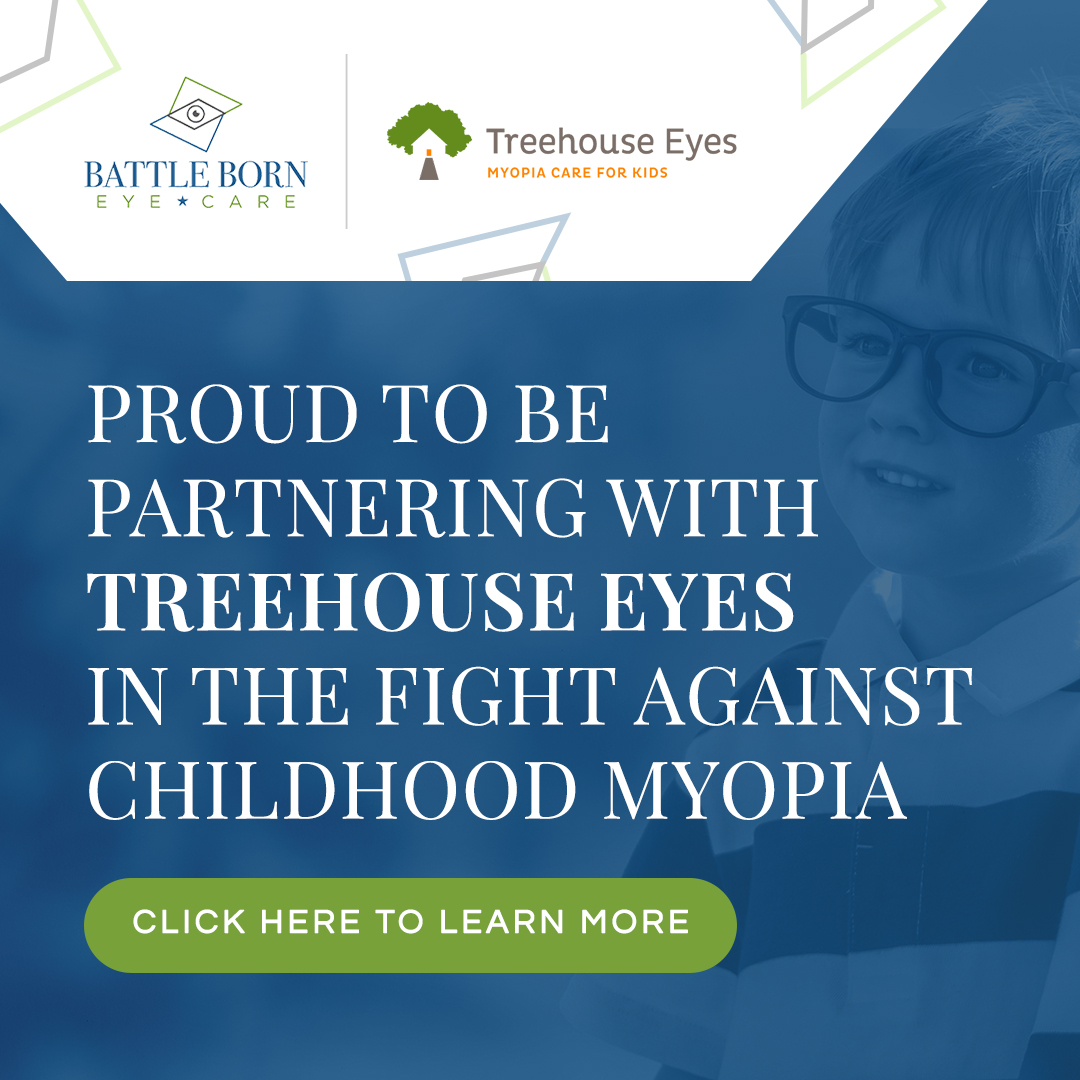
Eye discomfort can be a distressing experience, particularly when the cause is unknown. The question often arises: is it allergies or infection? While eye discomfort may be a common issue, understanding the root cause is crucial to seek the appropriate treatment.
What are Eye Allergies and Infections?
Allergies are immune responses triggered by substances known as allergens, such as pollen, dust mites, or pet dander. When these allergens come in contact with the eyes, they can cause an allergic reaction, leading to symptoms like itching, redness, and watering.
Eye infections are caused by harmful microorganisms (bacteria, viruses, fungi) that invade the eye tissue. These infections can lead to more severe symptoms, including pain, sensitivity to light, and potentially, vision loss. It's vital to differentiate between these two conditions to ensure appropriate treatment and avoid potential complications.
Recognizing Signs of Eye Allergies
Eye allergies, also known as allergic conjunctivitis, primarily manifest as itching, redness, and watering of the eyes. You may also experience a burning sensation, swollen eyelids, or a feeling of grittiness. These symptoms are often accompanied by other signs of allergies, such as a runny nose or sneezing.
While these symptoms can be quite bothersome, it's important to note that eye allergies do not pose a threat to your vision. The discomfort is temporary and subsides once the allergen is removed or when you take the appropriate medication. Bear in mind that eye allergies are often seasonal and may worsen during certain times of the year.
What are the Signs of Eye Infections?
Eye infections, on the other hand, present more severe symptoms and can potentially impact your vision. Typical signs include pain in the eyes, sensitivity to light, blurred vision, and a yellow or green discharge. This discharge may cause your eyelids to stick together, especially after sleeping.
Unlike allergies, eye infections can occur at any time of the year and are not tied to the presence of specific allergens. It's crucial to seek immediate medical attention if you suspect an eye infection. Untreated infections can lead to serious complications, including corneal damage and vision loss.
Treating Eye Discomfort Caused by Allergies
Managing eye discomfort from allergies primarily involves avoiding the allergens causing your symptoms. Over-the-counter antihistamine eye drops can help alleviate itching and redness. In more severe cases, your doctor may prescribe corticosteroid eye drops.
It's crucial to refrain from rubbing your eyes, as this can exacerbate the symptoms. Using a cold compress on your eyes can also provide relief from swelling and itching. If your symptoms persist despite these measures, consider seeking medical advice for more effective treatment options.
How to Treat Eye Infections
The treatment of eye infections depends on the type of infection. Bacterial infections are typically treated with antibiotic eye drops or ointments. Viral infections, like those causing conjunctivitis, often resolve on their own within a couple of weeks, but antiviral medication may be needed for more severe cases.
It's essential to maintain good hygiene practices to prevent the spread of the infection. Avoid touching your eyes and ensure you wash your hands regularly. If you wear contact lenses, refrain from using them until the infection clears.
Taking Care of Your Eye Health
Whether your eye discomfort is due to allergies or infection, understanding the symptoms and knowing how to treat them is crucial. Early detection and appropriate treatment can prevent potential complications and safeguard your vision. If you're unsure about your symptoms or if your condition worsens despite treatment, seek professional medical advice. Your eye health is an integral part of your overall well-being, and it deserves utmost care and attention.
To learn more about recognizing and treating eye discomfort due to allergies or infection, visit Battle Born Eye Care in our Reno, Nevada office. Call or text 775-360-6446 to schedule an appointment today.











